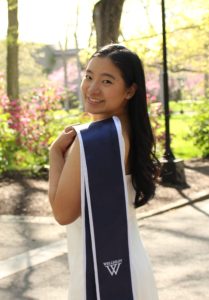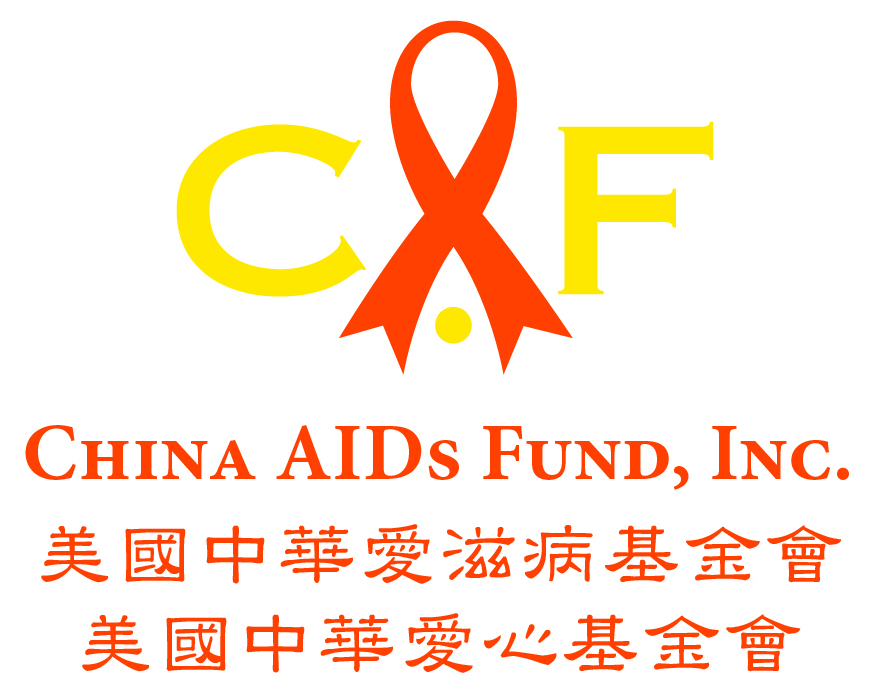AAYP 2015 Youth Ambassadors Scholarship

Kristin Hon
Every Saturday morning, my grandmother took her prayer beads, beautiful wooden beads strung upon a single red string, and repeated, “Ah…Mi…Tuo…Fuo”.
When I was younger, I used to question if I believed I Buddha, if I should tell my friends about chanting in temple, and if I’d be rejected by those “friends”. In my own eyes, I wasn’t categorized as American based upon what I thought Americans looked like. In addition, I wasn’t Chinese because I had no physical connection to my culture. I wasn’t considered American nor was I considered Chinese. At that point in time, I didn’t want to feel different and for that matter, ashamed to be different, to be Chinese. I chose to act American, be solely American. One day, I wouldn’t. One day, I couldn’t.
We regularly walked the same grocery shopping route. I’d always see a struggling lady, about 70 years old, with gray hair dusted with white similar to the first snow of winter that barely stuck to the ground. She’d crouch upon the filthy Flushing road at the corner of Maple Avenue and Main Street rummaging through the trash searching for bottles. I never knew what to say to her, to her saddened face and red gloves. I was embarrassed that this was what had become of the all powerful and courageous Asians who up and moved their entire lives to America. Hence, I simply disregard her and walk away. Overtime, I came to understand that every bottle was five cents away from dinner, five cents to prove her determination, and five cents to save her family. I regretted not helping, not understanding soon enough, not saying anything.
Still, I was ashamed of being Asian-American. I didn’t fully understand the necessary balance between the two. However, one day, I was too late. One day, she left.
At night, my grandmother loved eating at a Hong Kong noodle shop in Manhattan. It was small, but comfortable and served delicious food. Once, I exited the restaurant earlier than the rest of my family to wait for my father to pick us up. I noticed a woman who was barely 50 years old and pushing a child, her granddaughter, in a red stroller with her head down facing the pavement. A group of young American boys surrounded her screaming, “What are you looking at? FOB! Chink!”. I saw nothing in her facial expression but her eyes told another story. She was flooded with fear that built with each insult that slowly teared away her precisely practiced iron mask of indifference. In that moment, one boy extended his leg, tripping her, and dropping her to the ground leaving her granddaughter isolated. With that one movement, my mind was expressed to the mistreatment and sadistic actions upon Asian-Americans.
Every time that I walked away, every time that refused to express anything, every time that I didn’t reach out, every time that I looked away, I hurt my own heritage which disrespected what made me me. That red string which tied together my grandmother’s faith, those red gloves that would help the old lady grasp a better future, that red stroller that protected the little girl from discrimination, impertinence, and hate all represented the courage of Asian-Americans in society. The string, the gloves, the stroller, all red, lucky red, red like my blood, that flows through my veins, connect all Asians together for one sole purpose of coming to America. The America that would sometimes turn its back on us, the America that would sometimes make us terrified to speak up, the American that would trip us without a notice, the America that gave us hope, the America that gave us strength, the America that gave us clarity. There is nothing that can change the color of my skin, the shade of my hair, and the strength of my pride because I am Asian and I am proud to accept myself as one.
